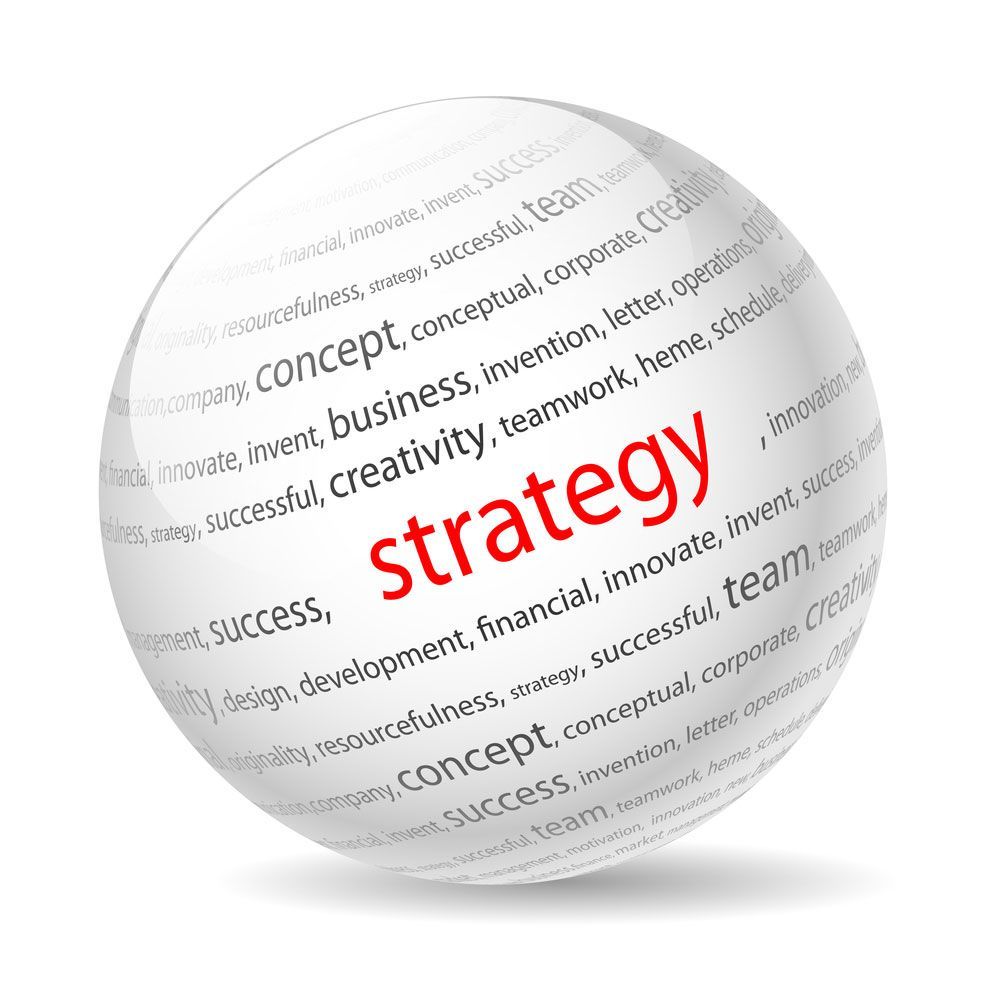Does Your Recruiting Strategy include Specialized Skills Needed to Achieve your Company Goals?

We frequently hear comments like:
-“If I could hire just one person with the specialized skills I need, I’d be happy”
-“I don't know anything about AI, how can I support the hiring manager?”
-“No budget yet, got to use what I have in place today, we can train them on AI"
-"We can't afford to hire the best candidate"
All 100% normal comments, but aren't going to help you in the war for specialized Talent.
*According to LinkedIn, only 30% of the global workforce is actively looking for jobs, and the rest are passively searching. But of this 70% passive workforce, 87% is open to finding better job opportunities.
With Gen AI, AI Project Management, Data Science and Machine Learning, AI Research, Cloud Computing and Clinical Healthcare Skills at the top of the list for most hard to find skills, you will need a strategy to fill your jobs with the right talent.
The ability to harness AI to assist in accelerating your business forward is critical to thrive in 2024 and beyond. Even HR is modernizing how they use AI to organize their unstructured HR and recruitment data, as well as sort (unbiased) responses to job postings.
So you don't have a recruiting strategy for these skills?
Due to the speed of innovation and iteration, a good AI strategy is 6-12 months with contingencies, so as the market changes and the skills evolve, so can the strategy. Hiring is a challenge for most companies, and costly, so if your recruiting practices result no placements, thats a negative ROI. While there is no perfection in hiring, but if you are not clear about what you need, you have a 97% chance of failure *.
How can you be one of the 3% of businesses with clear, specific, and achievable Human Capital goals to meet your business strategy and grow your organization.
If you are allowing revenue to drive your hiring, you have it reversed. A proactive-12-month hiring
strategy will allow your Human Capital to drive revenue instead of the other way around. By Understanding the use cases for the skills you are recruiting, you can ask very specific questions to the candidate to filter out those who truly understand the work that needs to be performed. The right candidate who comprehends the use cases, upon hiring, will be able to hit the ground running achieving the goals faster than expected.
If you are a hiring manager, make sure you and the recruiter or HR professional are CLEAR on the use cases or the outcomes expected by the role. If you are a recruiter or HR professional, by thorough with the hiring manager on what is needed, then benchmark the compensation and agree on the package to be offered. Don't just post a job without the insights mentioned, that's just spending a lot of money and time.
What if you are on a hiring freeze or your budget is minimal so can't hire new talent? How can you ensure the right team members in the correct positions?
Research shows that 1 in 5 people are at the right organization, but in the wrong job. Having a solution
that will use your existing talent to accomplish the company goals is critical.
But how?
Using skills assessment tools will allow you to "course correct" the talent currently in the organization into roles that maximize their performance resulting is better outcomes for the company. We all have innate skills and when an employee is in the right role, it's like MAGIC...they can deliver outstanding outcomes easily vs. those who do not have the innate skills will find it to be a difficult and bumpy journey and will feel frustrated. This creates a retention risk.
What if you have open "specialized skills" jobs like AI, Data Science, Machine Learning, etc...and want to promote an internal employee? Don't do this...
We were advising a company who moved their COO into a CMO position. What a disaster! He failed because these are two totally different skills sets, behaviors and strategies. Using assessment tools stops this type of "promotion" that ultimately will hurt the company and the employee.
Instead set up simulations and case studies and the prospective candidates present to see how the person thinks, communicates and handles stress. Are they concrete thinkers or abstract? What is their preferred method and tone of communication? Are they good listeners to feedback?
Our Team will help you integrate video tools and simulations to screen candidates, AI hiring tools, and referral programs to target the right candidates.
We will help you use what you have already invested in, develop a sound and easy to execute a 6 -12 month hiring
strategy and roadmap, and teach you a few easy tools to use to find the best Talent when the timing
is right, without it costing you endless search hours of your Executives.
*Resource:
https://hqhire.com/goal-setting-statistics/
Denise Lund and Carla Zilka are Co-Founders and Managing Partners of NexGen Human Capital, whose mission is to Maximize Human Capital Performance.
